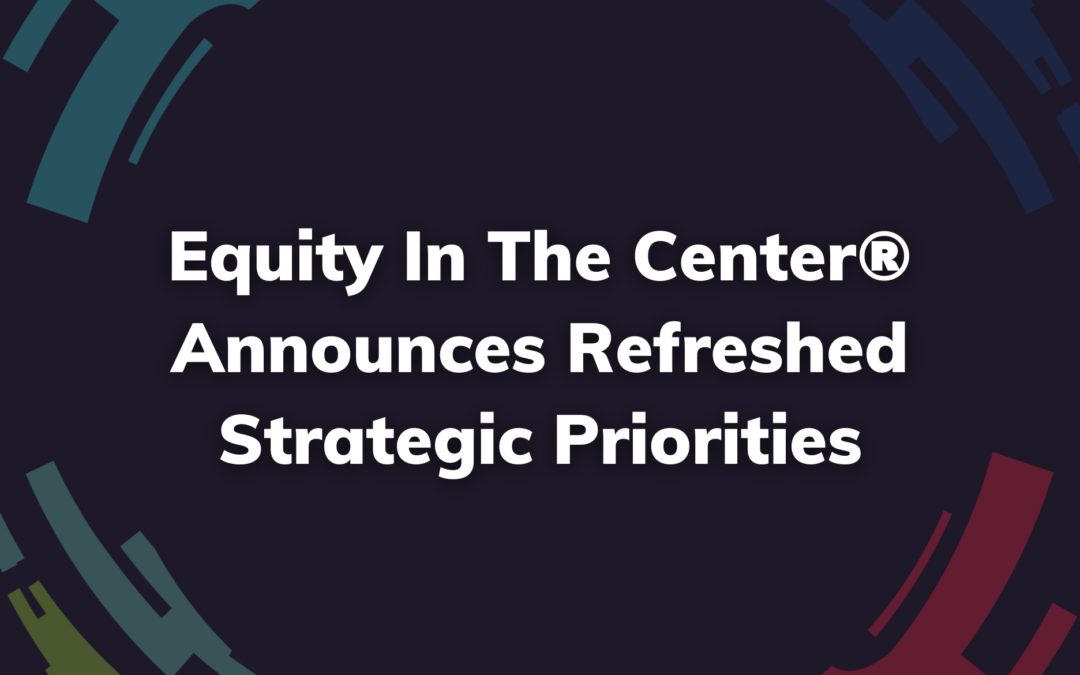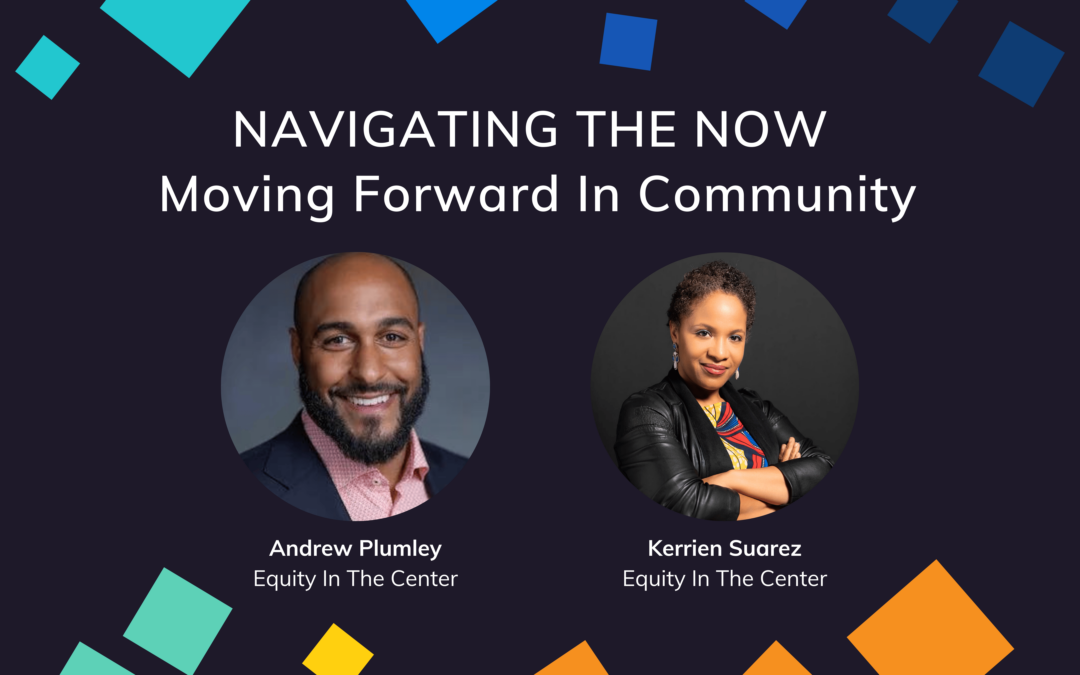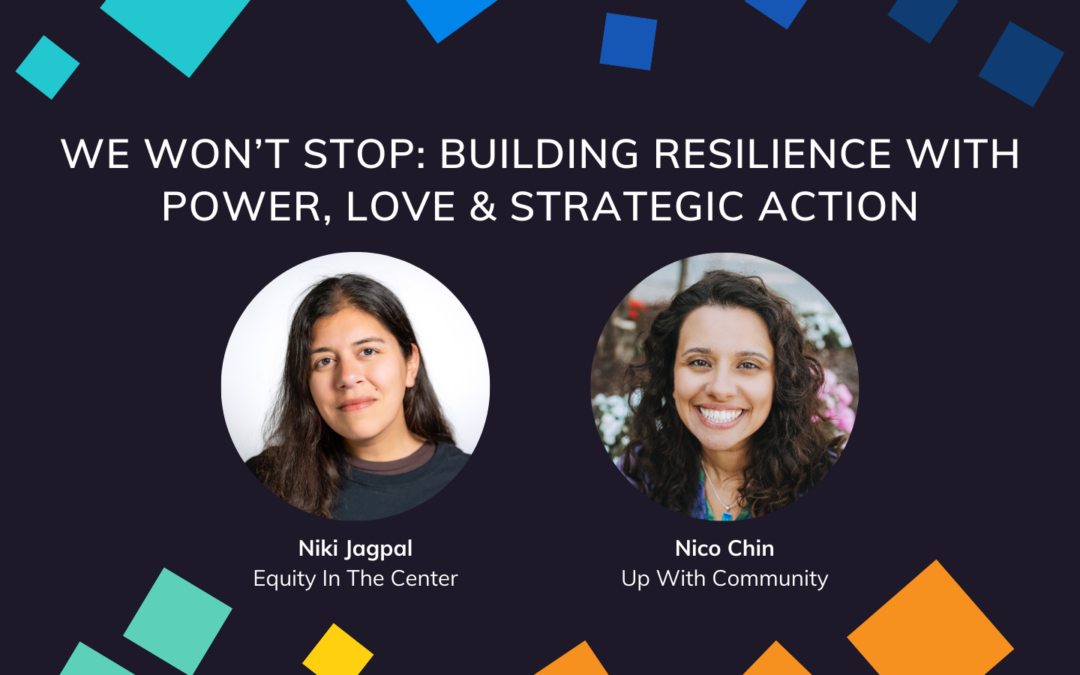
This blog was originally published in the October 14, 2020 Luminare newsletter, Be Lumin-Us.
“Lead. Follow. Or, get out of the way.”
This quote, alternately attributed to Thomas Paine and George Patton, is top of mind today. Not because centering the leadership philosophies of powerful white males seems appropriate when the American president just released a statement celebrating the “achievements” of Christopher Columbus – a man whose depravity is as well documented as his sense of direction – but because a truthful reimagining of the quote for this moment might be to paraphrase Stonewall Community Foundation’s Jarrett Lucas:
“Fall back and let Indigenous and Black people lead….Indigenous and Black leadership moves us closer to solutions. Get out of the way.”
Get out of the way. How can leaders and organizations do that?
Below, I’m sharing some resources and tools that I hope will support colleagues and co-conspirators for racial equity and justice in beginning to do so. By centering the voices, lived expertise, healing practices, leadership and power of Indigenous and Black people, we make progress toward the deep equity and liberation that this moment in history, and colonialism’s legacy of state-sanctioned savagery and white supremacy, requires. Equity in the Center believes deep equity to be the foundation of the Race Equity Culture leaders must inspire progress toward within organizations and in broader society. It is my hope that these tools and resources – which can support our collective work to follow or get out of the way of Indigenous and Black visionaries – will support you in building relationships and practices rooted in the wisdom, joy, energy, and purpose that have sustained Indigenous people for millennia, and people of African descent for centuries, on this land.
BLOG LINKS
Centering Indigenous and Black Leadership
- Changing the Narrative about Native Americans: A Guide for Allies
- Dismantling Anti-Black Bias in Democratic Workplaces: A Toolkit
- The Disruption of White Supremacy: The white male-centric colonial system is incapable of the leadership we need, and Indigenous knowledge is essential for the innovation that will follow this disruption
- The Master’s Tools Will Never Dismantle Philanthropy
- What I’ve Learned about Showing Up for My Black Co-Director
- How to Support Black Leaders
- Investing in Native Communities
- The Case for Funding Black-Led Social Change
- Decolonizing Wealth
- My Grandmother’s Hands: Racialized Trauma and the Pathway to Mending Our Hearts and Bodies
Resource for Allies
- White Women Doing White Supremacy in Nonprofit Culture
- As Non-Black POC, We Need to Address Anti-Blackness
- So You Want to Be a White Ally: Healing from white supremacy
Other Tools/Resources
- White Dominant Culture & “Something Different” Worksheet
- Philanthropic Initiative for Racial Equity’s Guide to Grantmaking with a Racial Justice Lens
- Operationalizing Racial Justice
- Change Elemental’s “Systems Change & Deep Equity: Pathways Toward Sustainable Impact, Beyond “Eureka!,” Unawareness & Unwitting Harm”
- Race To Lead Revisited
- POWER MOVES: Your essential philanthropy assessment guide for equity and justice
- Resonance: A Framework for Philanthropic Transformation
EiC Resources
- “Awake to Woke to Work: Building a Race Equity Culture” publication (users must enter email address and accept licensing agreement to view/download)
- November 2019 Opening Plenary featuring Dr. Gail Christopher and Marcus Walton on the importance of racial healing to operationalizing equity in organizations
- Video case studies of organizations that participated in “Awake to Woke to Work” research



